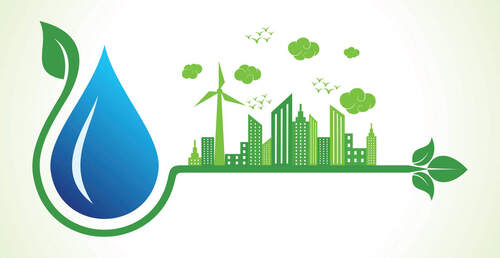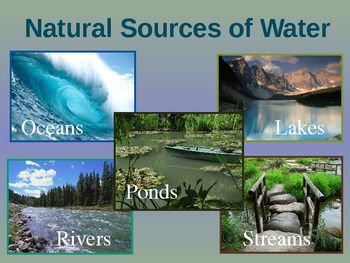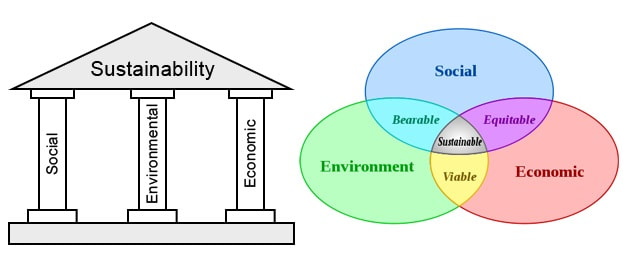Personal Water Sustainability
Personal water sustainability refers to the conscious and responsible management of one's own personal water supply. This includes harvesting rainwater, practices such as reducing water waste, using water-efficient appliances, fixing leaks promptly, and practicing water conservation in daily activities like bathing, washing dishes, and watering plants is essential for personal water sustainability. By adopting sustainable water practices, individuals can contribute to the preservation of water and promote a healthier environment for all.




